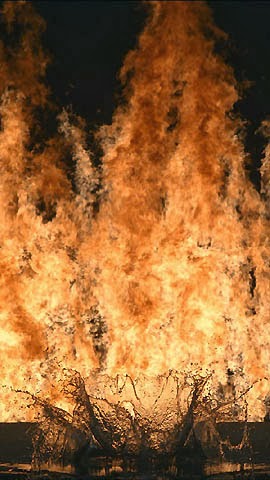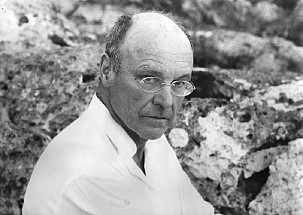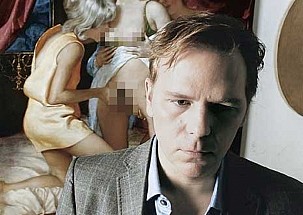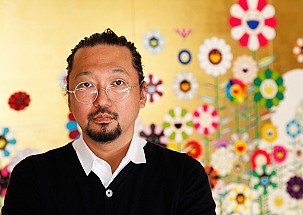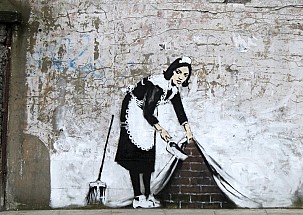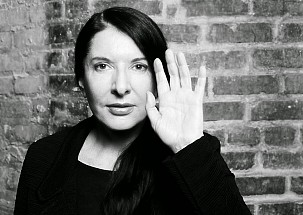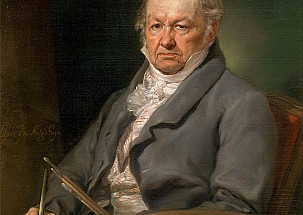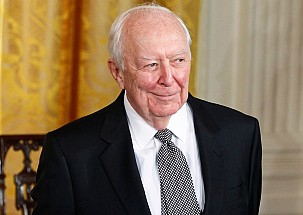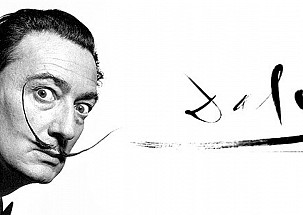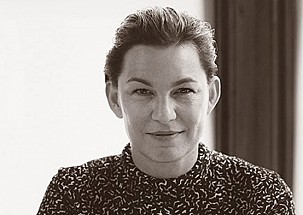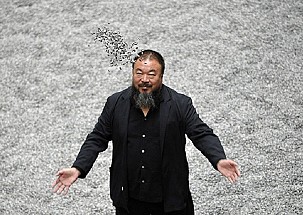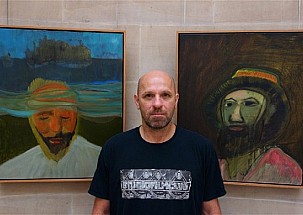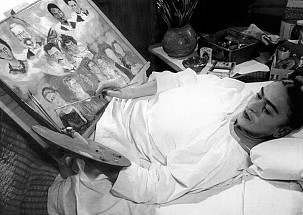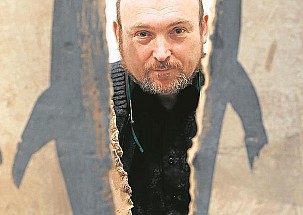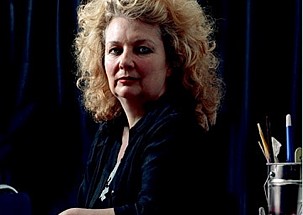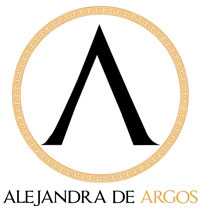- Details
- Written by Elena Cué
Author: Elena Cué
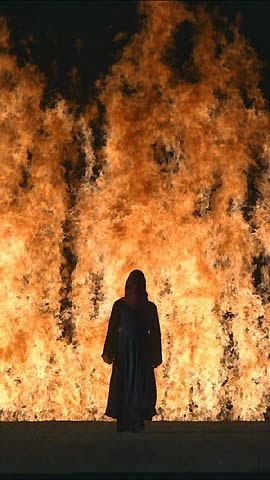
Wagner’s magnificent opera, performed at the Teatro Real, saw the composer’s intensity and passion merged with Bill Viola’s beauty and subtlety, greatly enhancing the work.
Of particular note were Marc Piollet’s music direction, the Lithuanian Violeta Urmana’s powerful voice (in the role of Isolde) and Franz-Josef Seling’s masterful performance as King Marke. Bill Viola's video-art played a prominent role, thanks to director Peter Sellars' understated scenery and the seamless integration of his video-art into the opera.
Love, desire, emotion, drama, all expressed with an immediacy that only music, of all the arts, is capable of. The expressive music together with Viola’s unique visual poetry, form a powerful creative combination.
Love, desire, emotion, drama, all expressed with an immediacy that only music, of all the arts, is capable of. The expressive music together with Viola’s unique visual poetry, form a powerful creative combination.
Wagner, composer from the Romanticism era, raises Tristan und Isolde to its pure Romantic essence, praising emotion over reason. A romantic, like Tristan, lives and is consumed by his emotions, and perishes from his desires. In this context, death is understood as the beginning of life.
To yearn, to yearn!
Dying, still to yearn,
not of yearning to die!
What never dies
now calls, yearning
to the distant physician
for the peace of death.
No healing,
no sweet death,
can ever free me
from the pain of yearning:
nowhere, ah nowhere
can I find rest:
night casts me
back to day
so that the sun can for ever feast
its sight upon my suffering.
According to Schopenhauer, desire and longing are at the centre of human life: we are made up of wants and needs. Our lives are but a fight for survival towards an irreversible end (death). But our desires and aspirations also lead us to suffering, Schopenhauer says. To finally reach our goals is to experience something even worse than death: emptiness and boredom. Life is nothing but a pendulum swinging between need and tedium.
The influence that Arthur Schopenhauer’s thinking had on the composer is well documented. Buddhism, widely present in the philosopher’s writings, was also an influence on Wagner while he was writing the libretto for Tristan und Isolde (as well as composing the music for his operas, Wagner would always write his own librettos).

The question of spiritual influence is in fact something else the two have in common: Viola, whose roots can be traced back to the spiritual traditions of Buddhism, Christianity and Islam, uses video-art as a channel for self-discovery, evident in the mystical visuals by the artist that complemented the opera.
The four elements - fire, water, air, earth - feature prominently in his work, as well as the concept of decelerating time and an aesthetic style influenced by artists such as Zurbarán, Velazquez, Goya, Ribera, el Bosco… Water, essential for life, is often used symbolically in his work since he almost drowned at the age of six. He speaks of this experience as calming and peaceful, not as tragic or fearsome. Water is indeed the great constant throughout his videos: life, movement, birth, cure, pleasure, pain, death, mystery...
The four natural elements were also how the pre-Socratics explained the origin and cause of the cosmos.
Throughout the performance, Viola's videos gradually aligned more and more with the opera's storyline, becoming one and the same in the last act - the best, in my opinion.
“A lot of my work is based on bringing opposites together. White and black, light and darkness, fire and water, day and night, man and woman, birth and death. These are the elements that Man has been experiencing since the beginning of time.” Bill Viola.

Act One began with sea scenes and images of Shakespearean actors (some nude) that Viola used as symbols to represent the characters of the story. These were followed by superb scenes of the titular lovers of great intensity, romanticism and drama, whereas Viola's screen depicted a purification ritual of the main characters, water symbolizing the beginning of life and atonement.
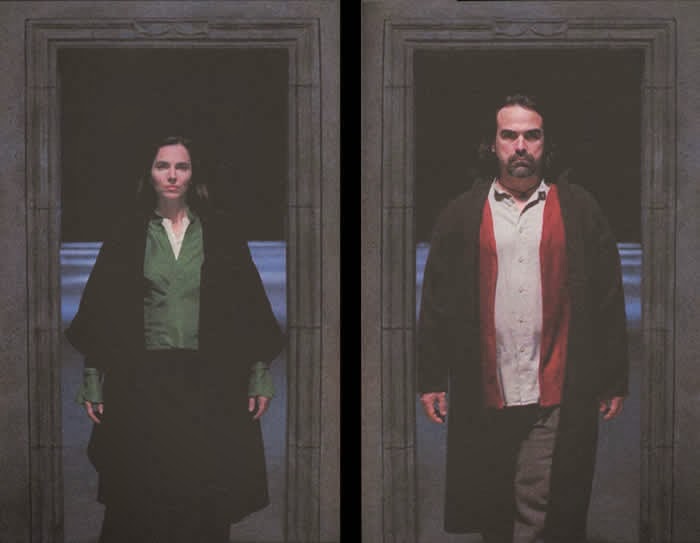
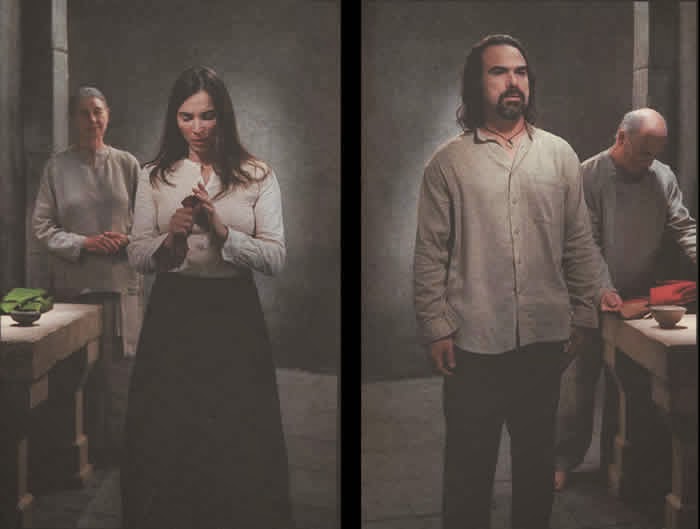
The next element was fire, used here as a symbol of the fight between life and death - great scenes of huge flames burning away accompanied by intense music.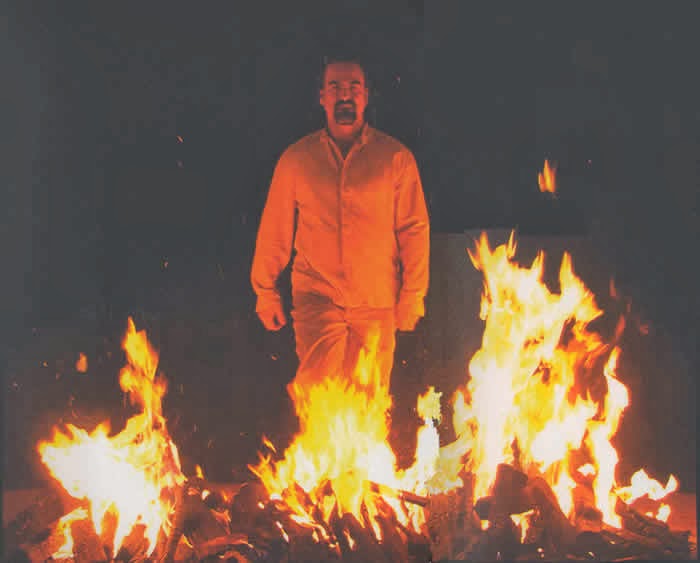
The water scene where Tristan’s dead body rises up to the heavens was the climax of a sublime Bill Viola at work.
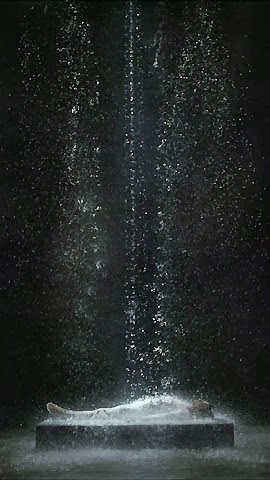
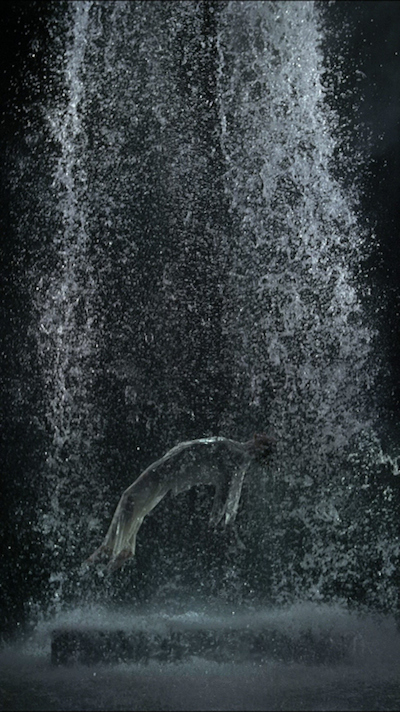
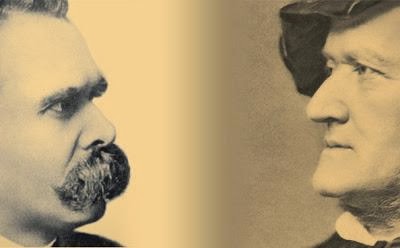
Friedrich Nietzsche was a composer as well as a philosopher. His troubled relationship with Wagner went from deep admiration after discovering his Tristan und Isolde, to terrible hatred and the subsequent end of their friendship. Nietzsche did not take kindly to Wagner’s Parsifal and its strong religious centre, especially its Christian idea of compassion.
All qualities are united in music: it can lift us up, it can be capricious, it can cheer us up and delight us (...). Its main purpose, however, is to lead our thoughts upward, so that it elevates us, even deeply moves us (...). Music often speaks to us more deeply than the words of a poem, as it is able to enter into the smallest corners of our heart.” F. Nietzsche.

- Details
- Written by Alejandra de Argos
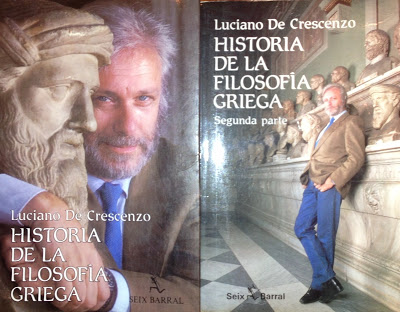
Greek civilization laid the foundations of our contemporary Western culture - it is in Ancient Greece, specifically in Miletus, where the origins of philosophy are to be found.
The book begins with the Seven Sages of Greece and with Thales of Miletus, the first man to attempt to explain natural phenomena through science rather than myth.
Among other things, he earned his fame for having predicted a solar eclipse, discovering Ursa Major and its importance in circumnavigation, and for his theory on the existence of a primordial entity from which all things originate. Until Thales’ findings, all phenomena that could not be readily understood by man were attributed to the Greek gods who, although they exhibited physical attributes far superior to mortals, were nevertheless imagined in the shape of man with their same mortal needs.
For most readers, philosophy is a very dense discipline, and that is true for some parts of it. Hence this book’s appeal: written in an engaging and accessible style, it takes the reader on an exciting journey through the history of thought.
Philosophy, meaning “love of knowledge”, began in Ancient Greece and it is the attempt to find rational answers to the fundamental questions in life. Studying the history of philosophy is important not only for the factual knowledge we learn in the process, but also because it teaches us about the need to develop independent thought.
Philosophy is our guide in the difficult task of daring to think for ourselves. Kant - and many others before him - reminds us of this with his well-known “Sapere aude”, or “Dare to know”. We are so conditioned in our thinking that we don’t even realize it’s happening. Our family, teachers, our spiritual guides, the State, mass media, our consumerist society, etc.: everything and everyone around us, in some way, directs us towards a certain way of thinking and living. This is actually very easy for us to submit to, since we spend a lot less effort delegating our thinking to those we consider better able at doing it for us. According to Immanuel Kant in his 1784 essay, “Answering the Question: What is Enlightenment?”, we act like this either out of laziness - it’s easier for us to have others think on our behalf - or out of cowardice - for fear of being wrong. In either case, he thinks it’s down to immaturity.
The idea of “daring to know” is as timeless as the history of thought; the great contributions made to the evolution of thought by these philosophers can be applied to any time in the history of humanity. And this is precisely why philosophy is a highly relevant subject in all our lives. This book is just the first step.
- Details
- Written by Alejandra de Argos
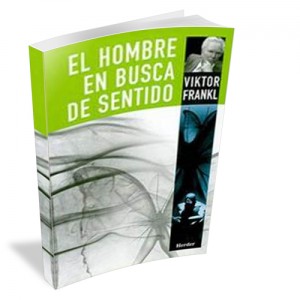
The big question : What is the meaning of life for humans ?
According to Viktor Frankl , author of the book "Man 's Search for Meaning " , the answer would be that there is no meaning of life , but many , as many as people inhabit the Earth. No need to look for an abstract meaning of life , but the meaning that you give to life in every stage of your personal development ; These will be determined by a mission, a mission to carry out at all times.
The author tries to help answer these and other existential questions through their knowledge and experience in Nazi concentration camps . The reader causes a continuous and deep reflection .
Viktor Frankl (1905-1997) was Jewish Austrian neurologist and psychiatrist , founder of logotherapy , which is a meaning -centered psychotherapy . Unlike psychoanalysis is more introspective and retrospective , logotherapy least look at our past and to our future , values and the meaning of life trying to discover ourselves.
Viktor Frankl, "being a man means directed toward something or someone other than oneself , performing either a value , achieve a sense or find another human being "
Another interesting facet pragmatics of speech therapy is a technique that develops, and it calls "paradoxical intention." Through this technique , the author helps patients fight their fears as they may cause in some cases, what we fear . It also seeks to control the hyperintention , which is precisely the opposite, excessive desire for something which impacts its performance . The " paradoxical intention " would be to induce the patient to do what you fear as a method of healing.
All these skills are implicit his ordeal in four Nazi concentration camps , Viktor Frankl shares experience with us in the first part of the book, where we make an analysis.First , how to be psychologically affected human being subjected to such extreme situations and were dramatic as those experienced by him.
This is a very exciting time we live with great existential emptiness and nihilism that attacks part of the society of our time. Especially the loss of values, traditions and religious dogmas skepticism toward everything and preset .
I hope that reading "Man 's Search for Meaning " will be as useful as it has been for me. Contributing to introspect about your own life experience , your skills , your hopes, your desires, your limitations ... and projecting a positive and pragmatic , directed to a process of personal development future. And with the same procedure as regards our fears and insecurities , after a estiológico process and acceptance, one can better cope with them, minimizing them , controlling and transforming them into individual growth .





